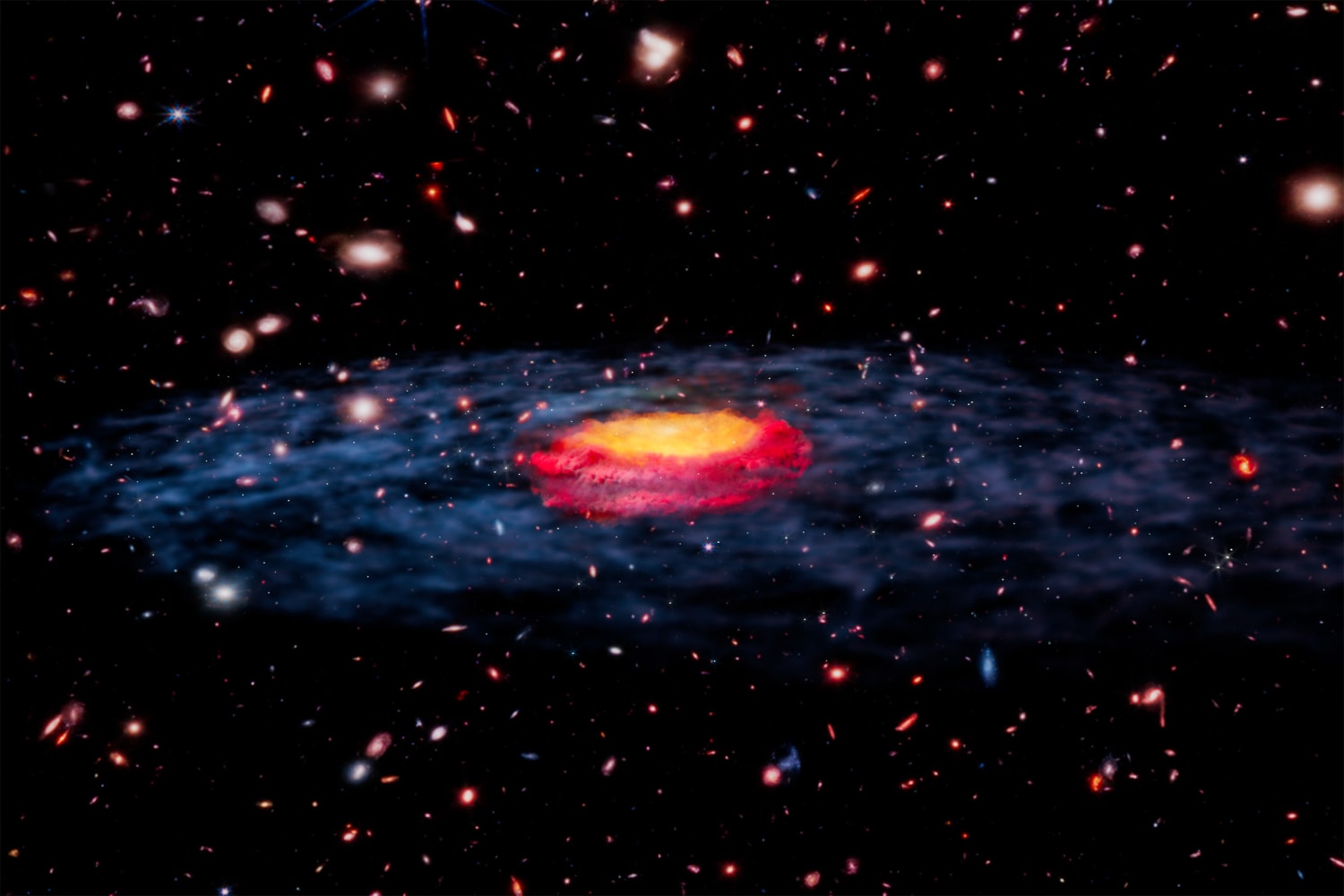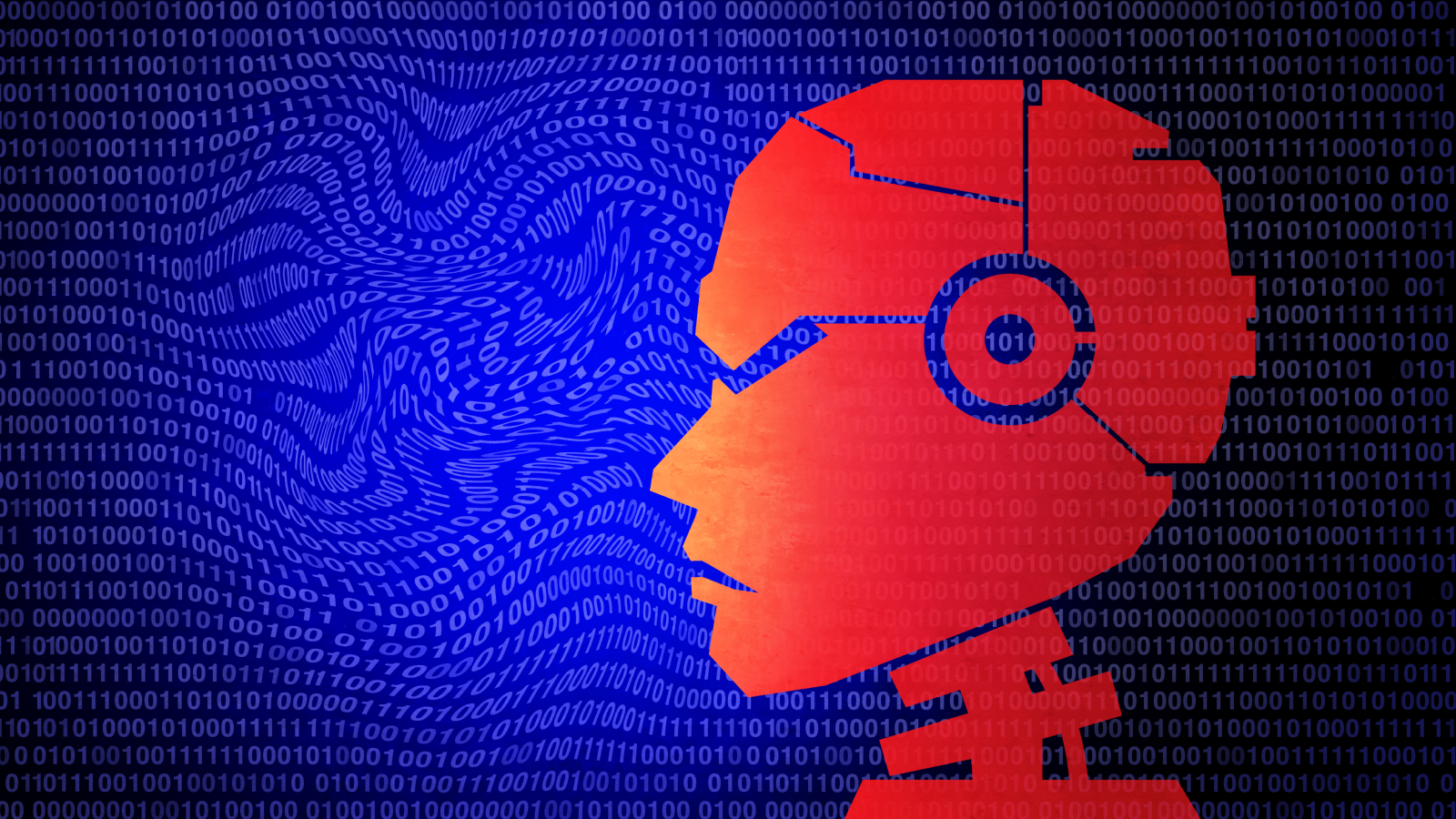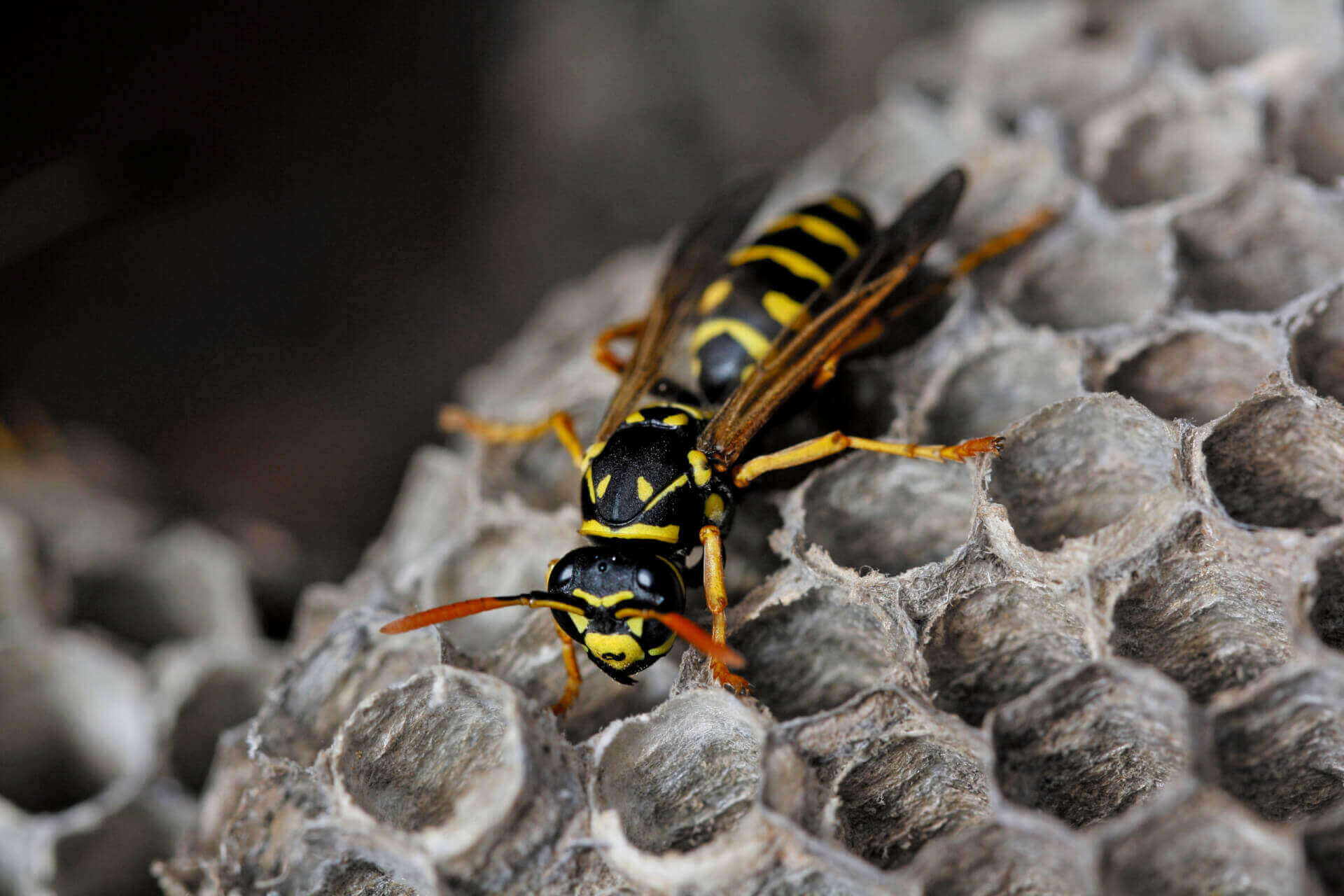05
Aug
A team of international researchers has identified an enormous celestial object that provides an unprecedented window into the early universe. This newly discovered black hole, located approximately 13 billion light-years from Earth, possesses a mass roughly 300 million times greater than our sun, making it one of the most massive black holes ever observed from such a distant epoch.The discovery, made using advanced telescopic technology and sophisticated data analysis techniques, represents a significant breakthrough in astrophysics. What makes this particular black hole extraordinary isn't just its tremendous size, but its age - the light we observe from it began its…





